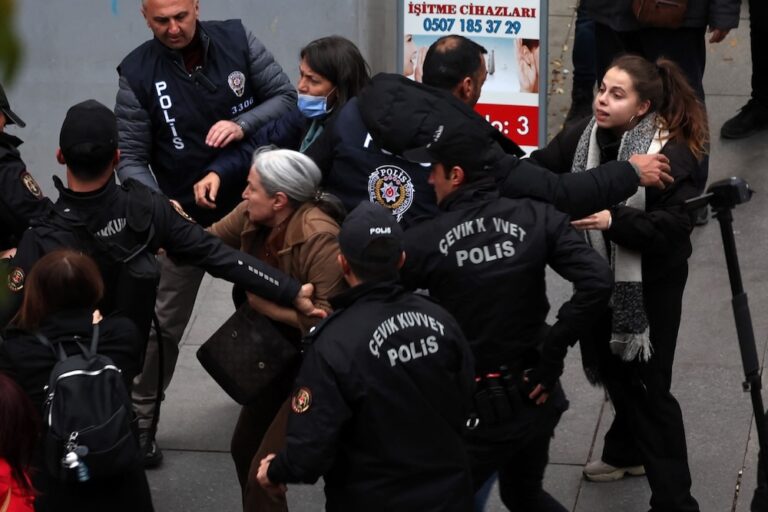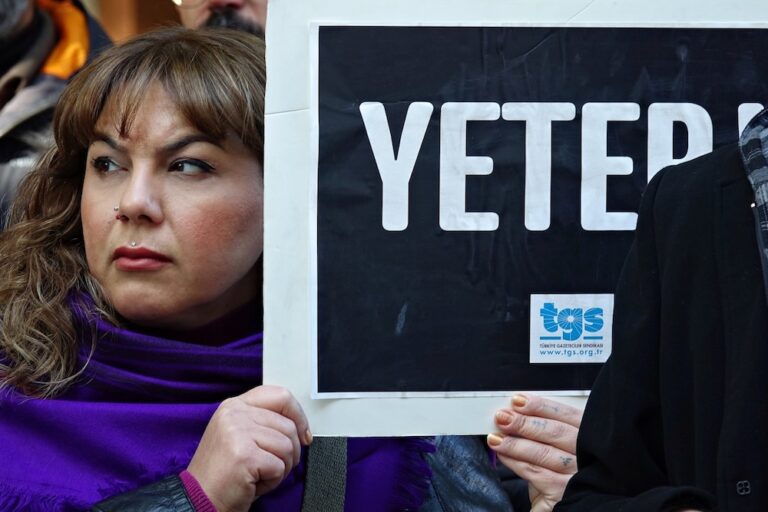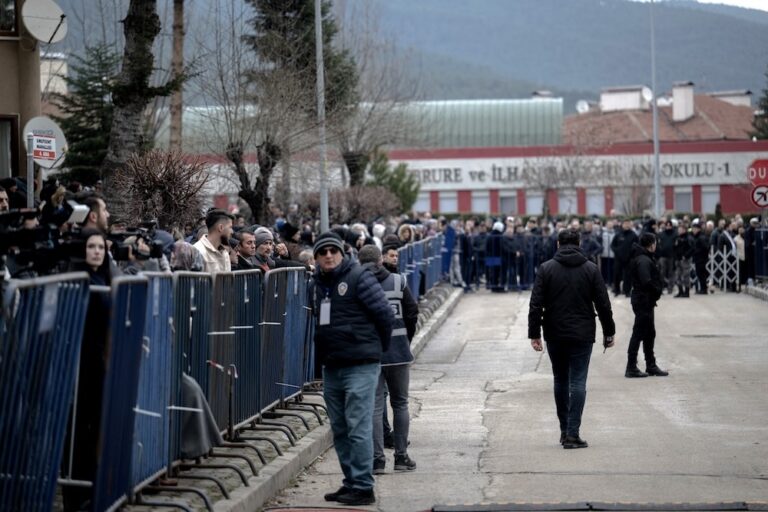(RSF/IFEX) – Reporters Without Borders regrets that a bill passed by parliament on 4 May 2007 allowing the authorities to block websites with content deemed to have insulted the memory of the Turkish republic’s founder, Mustafa Kemal Atatürk, was signed into law by President Ahmet Necdet Sezer on 22 May. “Legal restrictions now extend to […]
(RSF/IFEX) – Reporters Without Borders regrets that a bill passed by parliament on 4 May 2007 allowing the authorities to block websites with content deemed to have insulted the memory of the Turkish republic’s founder, Mustafa Kemal Atatürk, was signed into law by President Ahmet Necdet Sezer on 22 May.
“Legal restrictions now extend to the Internet,” the press freedom organisation said. “Resorting to criminal penalties to punish Internet users is excessive. It shows the authorities want to force website editors to censor themselves. The possible consequences of this law are very disturbing. Will subversive content also be banned from chat forums? How far does the government want go to impose its control on online dissent?”
Article 8 of Law 5651 on the “Prevention of crimes in the computer domain” calls for content to be blocked if it violates a 1951 law on “crimes against Atatürk.” The article says: “When there is sufficient evidence of the improper aspect of content (. . .) access must be blocked.” As well as punishing “crimes against Atatürk,” Law 5651 also punishes “inciting suicide” (article 84), “sexual abuse of children” (article 103), “prostitution” (article 227) and “inciting drug use” (article 190).
Internet Service Providers are themselves supposed to take the initiative to block access to content, which they then show to a judge who decides whether or not the blocking should continue. It will be the job of a “Telecommunication Council” to identify those responsible for the content. A complaint will then be submitted to a “Communication Presidency,” which, like the “Telecommunication Council” is an entity specially created to ensure the new law’s implementation.
An Istanbul court ordered the national telecommunications company Turk Telecom to block the video-sharing site YouTube on 6 March because of content regarded as “insulting” to Atatürk. Access was restored two days later after YouTube removed the offending video. Reporters Without Borders put out a release at the time urging the judicial authorities to act with moderation.


